Civil servant memoir: ‘As officials explained the impact of loyalist strike, Brian Faulkner decided to go’
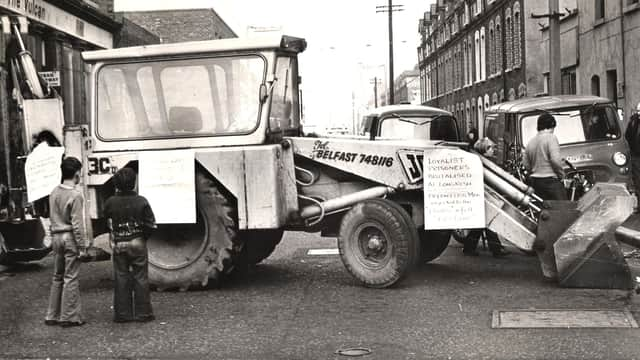

(See below for links to earlier sections of this memoir)
And on to May, 1974 and the Workers’ Council strike.
Many a tale has been told of those sad days, but there were some instances of black humour.
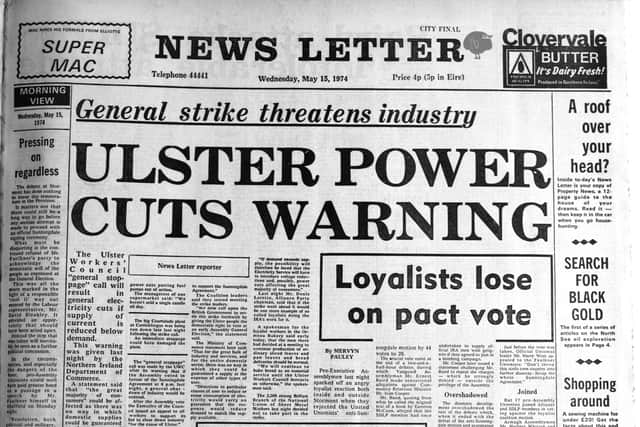

Our family car was almost out of petrol and my wife wanted to get to Purdysburn to take her recreational class on flower arranging.
Advertisement
Hide AdAdvertisement
Hide AdThe petrol station at Gelston’s Corner was manned by thugs who waved most customers away.
When it came to June’s turn, she was asked where she was going.
Without elaborating, she replied simply ‘Purdysburn’.
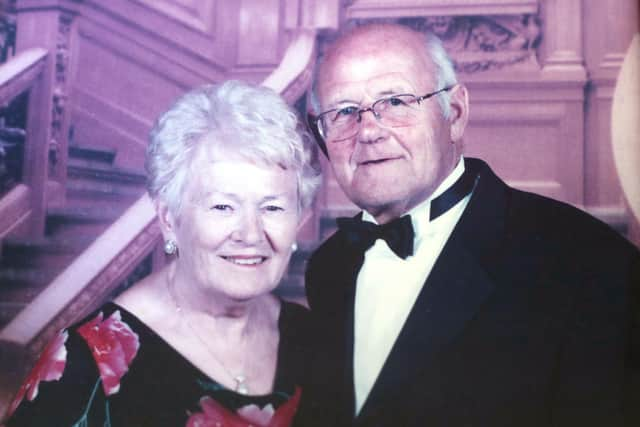

“Let that wee nurse through” came the command and off she went with a full tank.
The difficulties of travelling and the menace of pickets deterred most staff from going to Stormont.
Advertisement
Hide AdAdvertisement
Hide AdEventually the Members’ Dining Room ran out of food, all but some frozen pea soup and raspberry ripple.
On one of those days, I invited Captain John Brooke, a junior minister (and soon to be the second Viscount Brookeborough) to my home near Strathearn School for lunch.
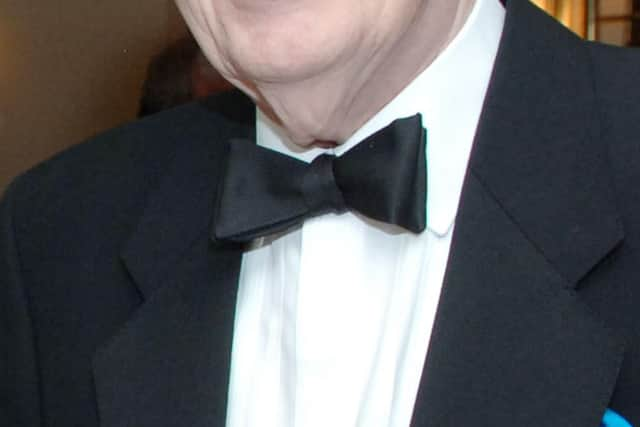

It was a big family house but it stood too near the road with the dining room only a few yards from the front gate.
Electricity was off – it usually was – and Captain Brooke wanted to hear the one o’clock news on his car radio.
Advertisement
Hide AdAdvertisement
Hide AdBut his car was a monster of a Rolls which ended up with the bonnet at the open dining room window and the boot projecting through the gate on to the footway.
June said afterwards that he was one of the easiest guests she had ever entertained — and there were many.
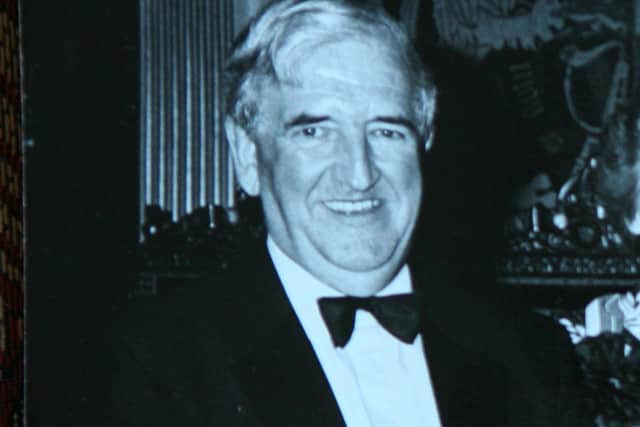

As the month progressed, the strikers tightened their grip and the situation worsened on all fronts.
Brian Faulkner decided to call a meeting of all the civil servant permanent secretaries, who, with no political axe to grind, could be relied on to give an impartial report about their respective areas of responsibility.
Advertisement
Hide AdAdvertisement
Hide AdI took very few papers into retirement with me. One was the attendance sheet bearing the signatures of those present. Their names were:
• Sir David Holden, head of NI Civil Service
• Ken (later Sir Kenneth) Bloomfield, Central Secretariat
• Robert (later Sir Robert) Kidd, Finance
• James Young, Agriculture
• Dr John Oliver, Housing & Local Government
• Dr George (later Sir George) Quigley, Manpower Services
• Gerald Malcolm, Environment
• Ewart (later Sir Ewart) Bell, Commerce
• Arthur Brooke, Commerce (an overlap here)
• Norman Dugdale, Health
• Ken Shimeld, Education
• William Slinger, Community Relations
This was the crème de la crème, several of them having entered the fast stream of the civil service through the Reconstruction Examinations after the 1939/1945 war.
Of all the many meetings I attended over 37 years, in six Northern Ireland Departments and later in the Deptartment of Employment in London, this was one of the most impressive.
One after another the permanent secretaries explained the difficulties in their respective spheres of influence.
Advertisement
Hide AdAdvertisement
Hide AdMr Faulkner was often criticised for his driving ambition, but he loved Northern Ireland and did not want the people to suffer any longer. I think that it was at this stage that he decided to throw in the towel.
It was about this time that Harold Wilson made his infamous ‘spongers’ speech in relation to the unionists of Northern Ireland. It was probably the work of Joe Haines an earlier and cruder version of Alastair Campbell.
Even after the fall of the power-sharing executive the pickets were still active and we knew that Mr Faulkner would be harassed on his final journey home by car, so we attempted to get him a helicopter.
Northern Ireland Office didn’t want to know. Faulkner was yesterday’s man. Luckily, through my contacts at Army HQ at Lisburn I was able to persuade them to come to the rescue. The great man flew home to political oblivion.
Advertisement
Hide AdAdvertisement
Hide AdOver the last few critical days, ministers had been congregating in Parliament Buildings and on the collapse of the executive were anxious to return to their own offices to clear their desks and to say goodbye to their staff.
As they no longer officially existed as ministers, their cars had been withdrawn on the instructions of one of the guardians of the public purse in Treasury Division called Freddie. My appeals to him were in vain.
I went over his head to a former boss of mine, Pearse McGrath — the best boss a man could wish for. The cars were duly authorised. Freddie lay in the long grass.
The next day he phoned to tell me triumphantly that car A had been used to take a minister’s son to Campbell College, car B a minister’s wife to the hairdressers, car C for shopping and only two for the purposes intended.
Advertisement
Hide AdAdvertisement
Hide Ad• Sinclair Duncan was in the NI Civil Service from 1949 to 1985. He worked in the ministries of Education, Finance and Agriculture, the Cabinet Office, Office of the Executive, NIO and the Department of Environment. This memoir has been published daily in the News Letter this week and is also being put online as below
Advertisement
Hide AdAdvertisement
Hide Ad• Part four: Irish Americans were reminded that they had confiscated lands too, more brutally and successfully
——— ———
A message from the Editor:
Thank you for reading this story on our website. While I have your attention, I also have an important request to make of you.
With the coronavirus lockdown having a major impact on many of our advertisers — and consequently the revenue we receive — we are more reliant than ever on you taking out a digital subscription.
Advertisement
Hide AdAdvertisement
Hide AdSubscribe to newsletter.co.uk and enjoy unlimited access to the best Northern Ireland and UK news and information online and on our app. With a digital subscription, you can read more than 5 articles, see fewer ads, enjoy faster load times, and get access to exclusive newsletters and content. Visit https://www.newsletter.co.uk/subscriptions now to sign up.
Our journalism costs money and we rely on advertising, print and digital revenues to help to support them. By supporting us, we are able to support you in providing trusted, fact-checked content for this website.
Alistair Bushe
Editor